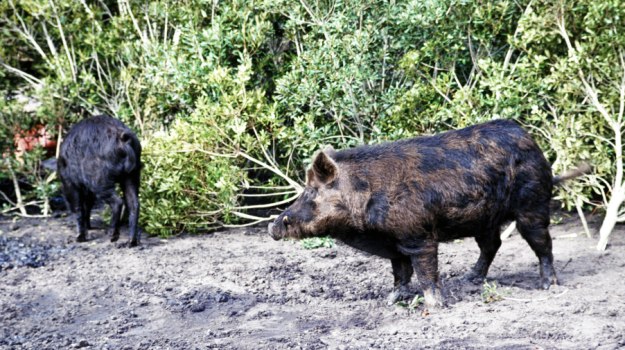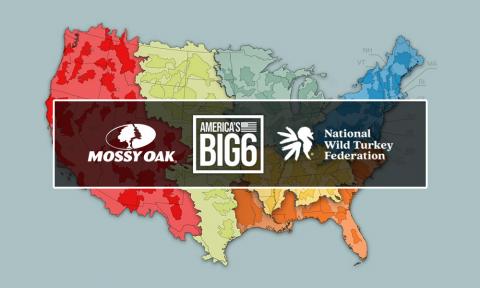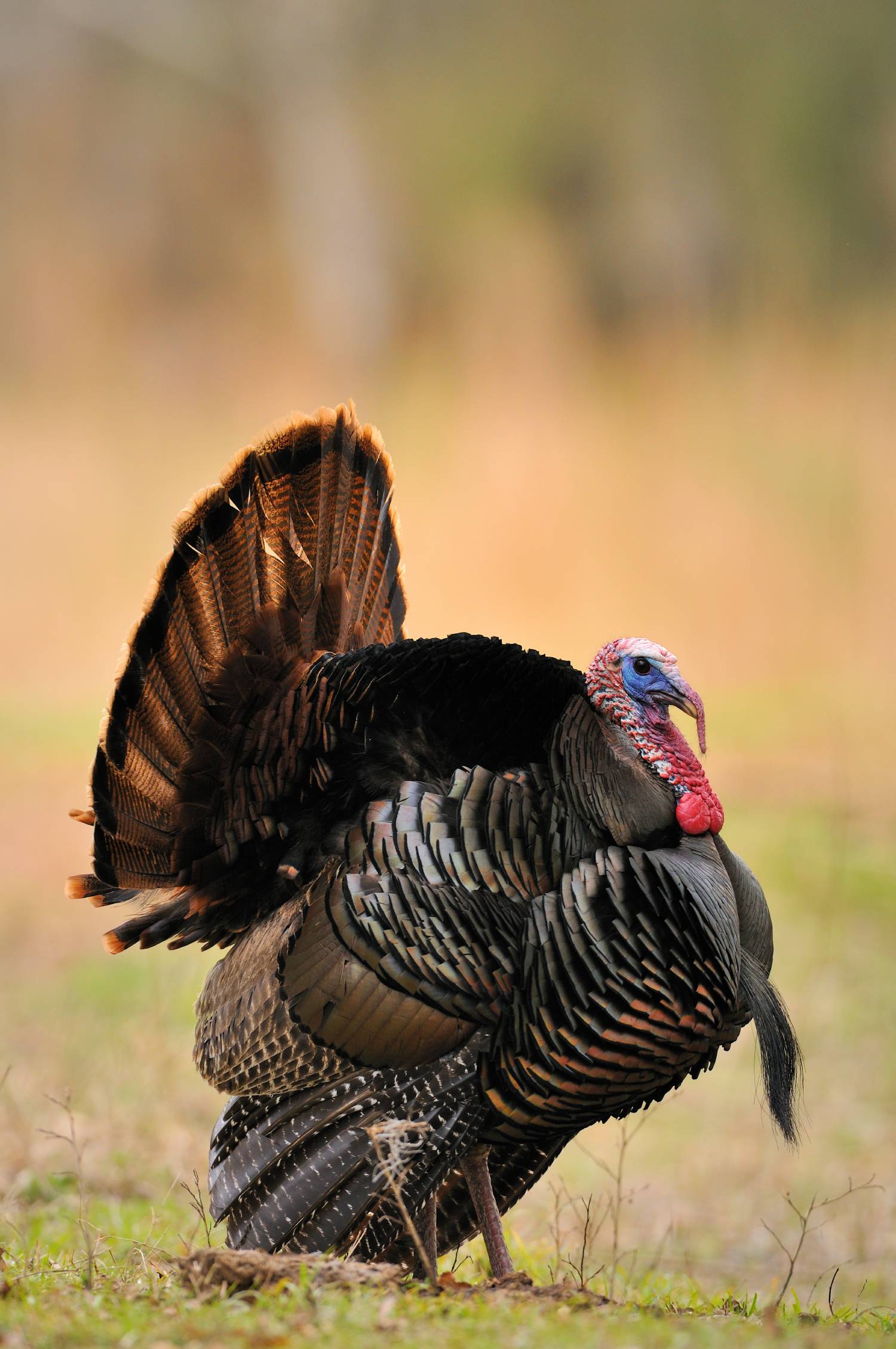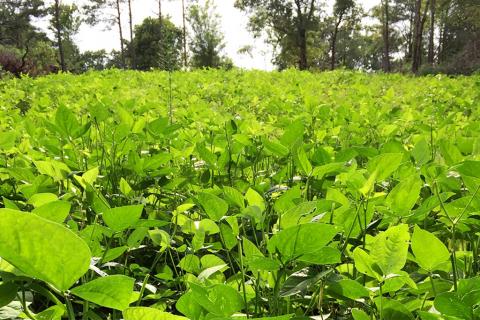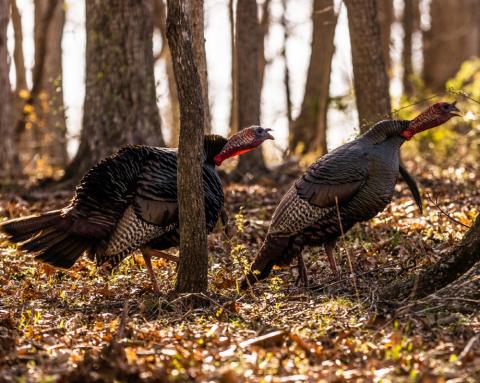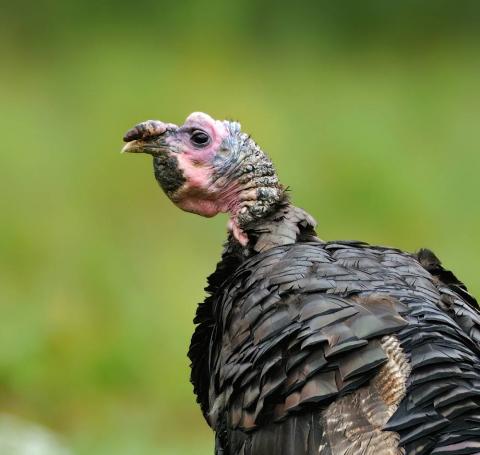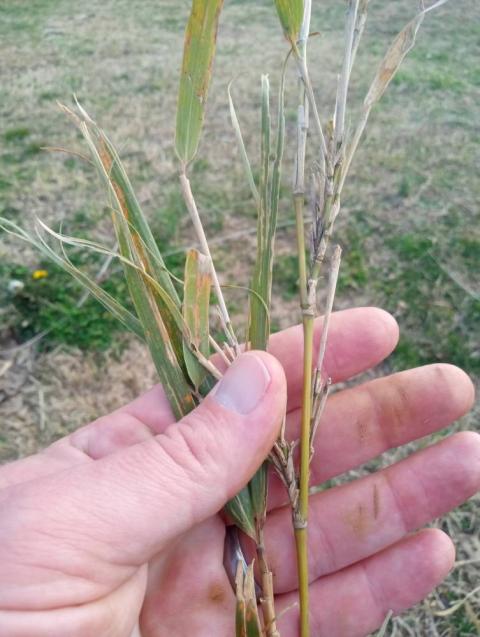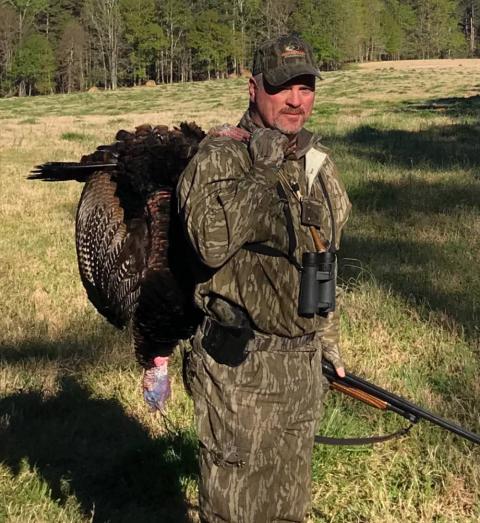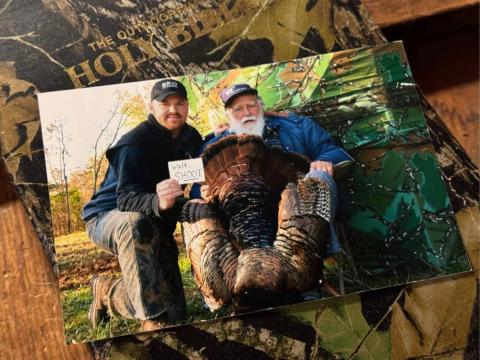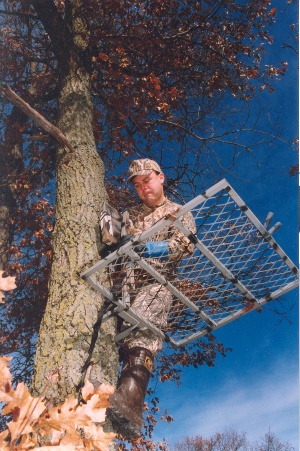 Many hunters have questions about treestand placement. "How high do you go in the tree?" is one of the most asked questions on the topic. Every situation is different and there aren't any rules where there aren't exceptions. However, there are some general practices that will help in most situations when placing a treestand.
Many hunters have questions about treestand placement. "How high do you go in the tree?" is one of the most asked questions on the topic. Every situation is different and there aren't any rules where there aren't exceptions. However, there are some general practices that will help in most situations when placing a treestand.
- Play the wind and thermal. Once you have your general area selected, pay heed to the wind and thermal current in the area. You want to remain downwind or cross-wind of where you think the deer will be. This is the most important of the seven.
- Place your stand high. Every situation is different, but, in most cases you’re best to place your stand as high as you can go in a tree without limiting your shot opportunities. If you're uncomfortable with heights, go as high as you dare. Getting up the tree higher usually lets you see further, makes it harder for the deer to see you, and most importantly, your scent isn't concentrated at their “nose level.”
- Use the available cover. This kind of goes hand in hand with treestand height. In a bald, tree you’re more likely to go higher than in a tree with good cover. Look for trees that lose their foliage late, clusters of trees, or trees with a “Y” in the trunk for concealment.
- Use the sun. Determine where the sun will be when you want to hunt the site. Do you like to look into the sun? Neither does a deer! In fact, we have a UV filter over our eyes, a whitetail doesn't.
- Pick a tree that will be easy to climb, or make it easy to climb the tree you’ve chosen. If you have a great spot, but you alert every deer within 400 yards by making a commotion while climbing your stand, your great spot will go for naught. Use enough tree steps or climbing sticks so you can scale the tree easily, safely and quietly.
- Prepare the site to make the shot. So you have a good spot, you have a stand in the perfect ambush tree, but what happens if a deer walks through and there’s no way you can take a shot? (This is in reference to bow hunting.) Take the time to trim some shooting lanes or “windows” so you can sneak an arrow through when the moment of truth arrives.
Remember, there’s also nothing wrong with a good ground blind. But with whitetails you’ll need to set the blind well in advance of the hunt or brush it in well and camouflage the blind to blend in with the surroundings.
More whitetails are harvested by archers using treestands than by any other method. If you choose a stand that you feel safe in and use these basic treestand placement rules, you'll be on your way to harvesting more deer, bigger bucks and maybe that trophy of a lifetime.















